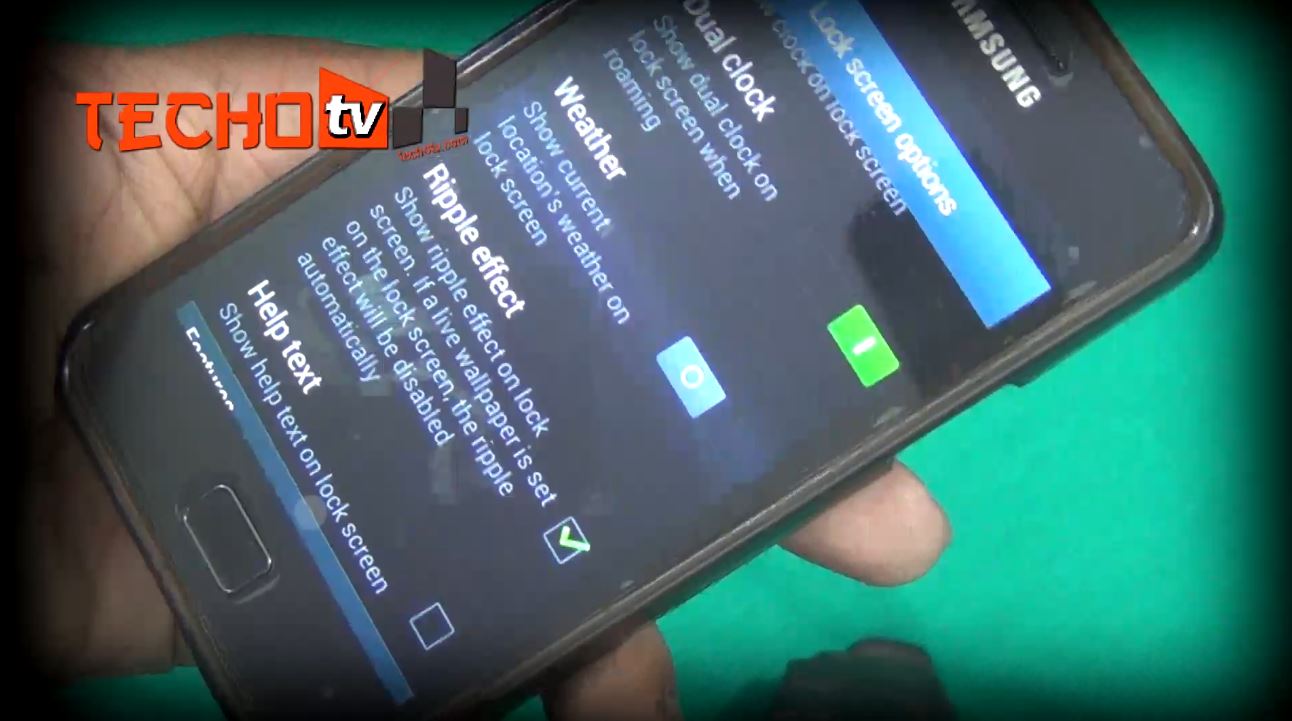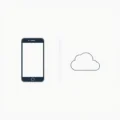Ever found yourself scrolling past a fascinating fact you *just* looked up moments ago, only to realize your mind has already wiped it clean? Or perhaps you routinely navigate to familiar places, yet couldn’t tell someone the exact street names without Google Maps open? If this sounds familiar, you’re experiencing a phenomenon researchers are calling ‘Digital Amnesia’.
It’s not just a catchy phrase; it’s a real shift in how our brains manage and store information. Our smartphones, once mere communication tools, have become powerful external hard drives for our minds. Why bother committing a phone number to memory when Siri has it at a moment’s notice? Why struggle to recall a restaurant address when Google Maps knows the quickest route?
This tendency to outsource our memory to digital devices is known as ‘cognitive offloading.’ And while it grants us incredible convenience and instant access to a world of information, it’s undeniably reshaping our neural pathways. Our brains, with their incredible neuroplasticity, adapt to this new paradigm. Instead of meticulously filing away details for deep recall, we’re becoming masters at *finding* information – quickly and efficiently.
So, is your phone actually making you less intelligent? Not necessarily in the way you might think. But it’s certainly altering the fundamental ways you process, retain, and interact with knowledge. Before we dive deeper into the fascinating science behind this effect, take a quick peek at this short video that perfectly encapsulates the core idea:
Table of Contents
What Exactly is Digital Amnesia? The Brain’s External Hard Drive
At its heart, digital amnesia describes the phenomenon where we forget information that we know can be easily found again using a digital device. Think of it like this: your brain, a complex biological supercomputer, recognizes that certain data is reliably stored elsewhere. Rather than expending energy to encode and consolidate that information into long-term memory, it prioritizes remembering *how* to access it. This isn’t laziness; it’s efficiency, a product of our brain’s remarkable adaptive nature.
This concept was famously highlighted by Kaspersky Lab in a 2015 study, which found that a significant percentage of people couldn’t recall important phone numbers, even those of their immediate family, because they relied on their smartphones. We trust our devices implicitly to retain this data, effectively reducing the perceived need for our internal memory systems to do the same heavy lifting.

The Neuroscience of Cognitive Offloading: Rewiring Our Minds
Our brains are incredibly dynamic. This property, known as neuroplasticity, allows them to reorganize themselves by forming new neural connections throughout life. When we consistently use our devices to store and retrieve information, we’re essentially training our brains to develop different cognitive strategies. Instead of strengthening the neural pathways associated with deep memory encoding and recall, we’re enhancing the pathways for information retrieval and navigation.
Consider the difference between remembering a fact and knowing where to find a fact. Traditional memory involves active recall, where our brain reconstructs information from its internal archives. With cognitive offloading, our brains shift to a more efficient, two-step process: first, recognizing the need for information, and second, knowing the digital tool or platform that holds the answer. The actual content of the information doesn’t always make it into our long-term memory banks.
This isn’t to say our brains are becoming “weaker.” Rather, they are becoming *different*. We might become less adept at rote memorization or recalling specific details spontaneously, but potentially more skilled at navigating complex digital landscapes, filtering vast amounts of information, and synthesizing knowledge from disparate online sources. It’s a trade-off, driven by the convenience and power of our handheld supercomputers.

How Digital Amnesia Impacts Our Cognitive Abilities
The implications of this shift extend beyond merely forgetting a phone number. They touch upon several critical aspects of our cognitive function:
Memory Recall vs. Information Retrieval Prowess
As discussed, we’re moving from a memory-centric to a retrieval-centric cognitive approach. This means we might excel at quickly pulling up data, but potentially struggle with recalling it in situations where a device isn’t available. Think about a time you tried to solve a math problem without a calculator, or articulate a historical event without a quick Wikipedia check. The ‘effort’ of deep recall builds stronger memory traces; constant offloading reduces this effort.
Critical Thinking and Problem Solving
When answers are instantly available, does it diminish our natural inclination to think deeply, analyze, and synthesize information independently? Some argue that readily accessible solutions can lead to a shallower understanding of complex topics, as we might not engage in the robust mental gymnastics required to truly grasp and internalize concepts. Our brains become less about generating solutions and more about validating retrieved ones.
Attention Span and Focus
The constant stream of notifications, rapid-fire content consumption, and the immediate gratification of finding answers contribute to a fragmented attention span. Our ability to sustain focus on a single task, read lengthy articles, or engage in deep, uninterrupted thought can be compromised. This constant context-switching can hinder the consolidation of memories and the development of complex ideas.
Potential Long-Term Effects: A Developing Field
While research into the long-term cognitive effects of pervasive smartphone use and digital amnesia is still an evolving field, early findings suggest that these adaptive changes might have lasting impacts. It’s crucial to understand that “dumber” isn’t the right word, but rather a shift in cognitive priorities. The brain prioritizes what it practices. If we practice retrieval, we get better at retrieval. If we practice deep recall, we get better at deep recall. The question is, which skills are we implicitly prioritizing?
Disclaimer: The science surrounding the definitive long-term effects of digital amnesia on intelligence and cognitive decline is complex and continuously evolving. These observations reflect current understanding and ongoing areas of research.

The Upside: Efficiency, Access, and Enhanced Potential
It’s important not to paint an entirely bleak picture. Our smartphones and the digital world offer undeniable benefits that have profoundly enhanced human capabilities:
- Instant Access to Knowledge: Any question, any time, often answered within seconds. This democratizes information and fosters lifelong learning.
- Unprecedented Connectivity: Maintaining relationships, collaborating across distances, and sharing experiences has never been easier.
- Productivity Boost: From scheduling to note-taking to complex calculations, devices streamline countless tasks, freeing up mental bandwidth for other pursuits.
- Augmented Intelligence: Far from making us “dumber,” these tools can act as cognitive prosthetics, allowing us to tackle problems of greater complexity than ever before by offloading mundane tasks and providing rapid data retrieval.
The challenge isn’t the technology itself, but how we choose to integrate it into our cognitive lives.
Striking a Balance: Reclaiming Your Cognitive Power
Understanding digital amnesia isn’t about ditching your phone; it’s about being intentional with its use. Here’s how to ensure your brain stays sharp and doesn’t let the device do all the heavy lifting:
- Conscious Memory Practice: Make an effort to memorize phone numbers, important dates, or directions. Try to recall facts before looking them up. These small acts strengthen your memory muscles.
- Active Recall & Summarization: After looking up information, close your device and try to explain or summarize what you’ve learned in your own words. This forces your brain to encode the information more deeply.
- Digital Detox Moments: Schedule regular periods away from your devices. Go for a walk without your phone, read a physical book, or engage in hobbies that don’t involve a screen.
- Mindfulness and Focus Training: Practice mindfulness to improve your attention span. Engage in activities that require sustained concentration, like puzzles, learning a new instrument, or deep reading.
- Use Your Brain as a Muscle: Just like physical muscles, your brain thrives on exercise. Challenge it with new learning, complex problems, or creative endeavors. Don’t let your phone become a crutch for every mental task.

FAQs About Digital Amnesia and Your Brain
Q1: Is Digital Amnesia a recognized medical condition?
No, Digital Amnesia is not formally recognized as a medical diagnosis or mental illness. It’s a psychological phenomenon or cognitive bias observed in relation to our increasing reliance on digital devices for information storage and retrieval. It describes a change in memory habits rather than a pathology.
Q2: Can I reverse the effects of cognitive offloading?
While you can’t erase learned habits instantly, you can certainly train your brain to prioritize internal memory. By consciously practicing active recall, memorization techniques, and reducing passive information consumption, you can strengthen your cognitive muscles and reduce your reliance on external digital aids.
Q3: Does excessive screen time directly cause digital amnesia?
Excessive screen time itself doesn’t directly *cause* digital amnesia, but it’s a significant contributing factor. The more time we spend passively consuming information or instantly looking up answers on screens, the more opportunities our brains have to offload memory tasks, thereby reinforcing the digital amnesia effect.
Q4: Are younger generations more susceptible to Digital Amnesia?
Younger generations, often referred to as “digital natives,” have grown up with smartphones and constant internet access. Their brains have adapted from an early age to utilize these tools for information retrieval. While this makes them highly adept at navigating digital environments, it also suggests they might be more prone to the patterns of cognitive offloading associated with digital amnesia compared to older generations who developed memory habits before pervasive digital tools.
Q5: Is there a benefit to relying on my phone’s memory?
Absolutely! The ability to quickly access vast amounts of information frees up your brain’s working memory for higher-level tasks like critical analysis, creative problem-solving, and synthesis. It allows you to be more productive and to learn about a wider range of topics without having to meticulously memorize every detail. The key is balance and intentional use.
Embrace Your Brain’s Full Potential
The discussion around digital amnesia isn’t about fear-mongering or shunning technology. It’s about a deeper understanding of our own remarkable brains and how they interact with the tools we create. Our smartphones are extensions of ourselves, powerful amplifiers of our abilities. But just like any powerful tool, conscious and deliberate use is key.
Your brain is an incredibly adaptable, powerful organ. It thrives on challenge and active engagement. Don’t let your device do all the heavy lifting, all the time. By making conscious choices – to remember a phone number, to actively recall a fact, to take a break from the digital hum – you can ensure that your amazing cognitive abilities remain sharp, agile, and truly your own. Let’s continue to harness technology’s power without letting it diminish our innate human capacity for deep thought and profound memory.





